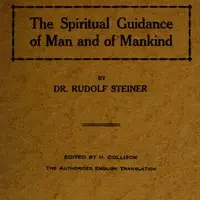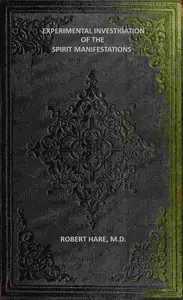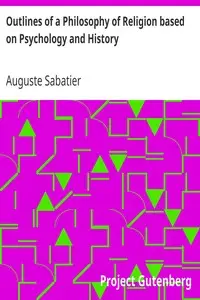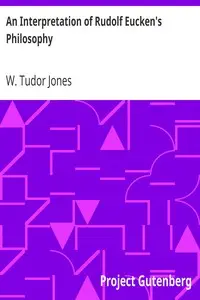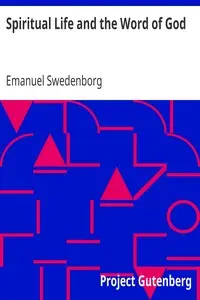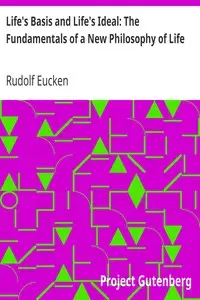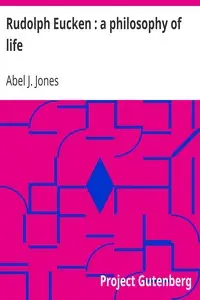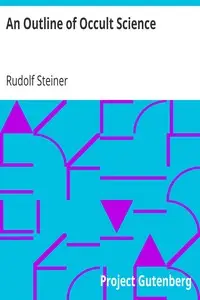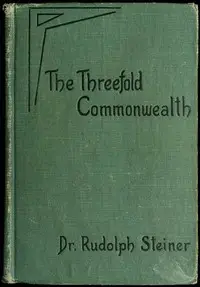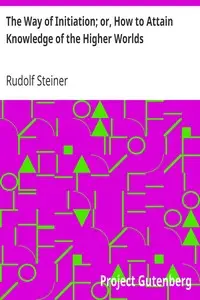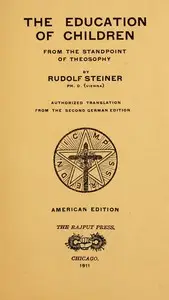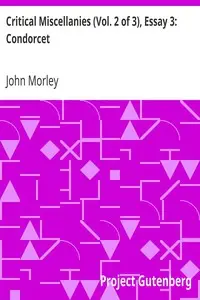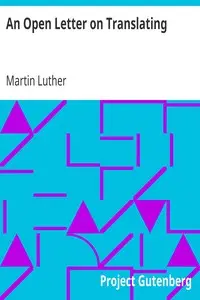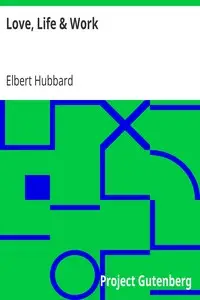"The Philosophy of Spiritual Activity" by Rudolf Steiner is a book that deeply investigates human freedom and spiritual experiences in the modern world. It considers if people's actions and ideas are free or determined, seeking to understand knowledge through human experiences and relationships in the world. Steiner looks at building a way to understand spiritual activity, questioning if people are truly free or if their actions are already decided, suggesting a middle ground where knowing our true selves can come from thinking about our actions and reasons, connecting philosophical thought with spiritual experience.
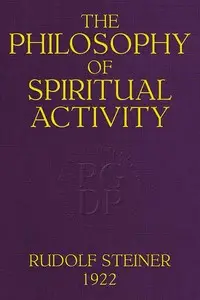
The Philosophy of Spiritual Activity A Modern Philosophy of Life Developed by Scientific Methods
By Rudolf Steiner
Explore humanity's quest for true freedom, pondering if our actions come from free will or if they're predetermined, shaping the space between philosophy and spiritual awakening.
Summary
About the AuthorRudolf Joseph Lorenz Steiner was an Austrian occultist, social reformer, architect, esotericist, and claimed clairvoyant. Steiner gained initial recognition at the end of the nineteenth century as a literary critic and published works including The Philosophy of Freedom. At the beginning of the twentieth century he founded an esoteric spiritual movement, anthroposophy, with roots in German idealist philosophy and theosophy. His teachings are influenced by Christian Gnosticism or neognosticism. Many of his ideas are pseudoscientific. He was also prone to pseudohistory.
Rudolf Joseph Lorenz Steiner was an Austrian occultist, social reformer, architect, esotericist, and claimed clairvoyant. Steiner gained initial recognition at the end of the nineteenth century as a literary critic and published works including The Philosophy of Freedom. At the beginning of the twentieth century he founded an esoteric spiritual movement, anthroposophy, with roots in German idealist philosophy and theosophy. His teachings are influenced by Christian Gnosticism or neognosticism. Many of his ideas are pseudoscientific. He was also prone to pseudohistory.

